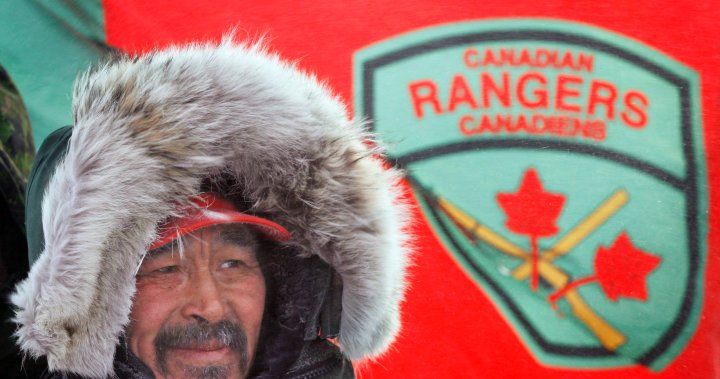
Russia’s invasion of Ukraine means Canada faces belligerent Arctic neighbour
Global News
Canada must rapidly rethink its strategy for ensuring Arctic sovereignty and security in a region where the world’s most dangerous belligerent is also Canada’s neighbour.
Canadians who are already shocked watching Russia’s brutal, world-changing military takeover of Ukraine — its neighbouring nation state — should be even more deeply disturbed when they consider the fact that Canada also shares a long, ill-defined and disputed boundary with the Russian Federation.
As citizens of a country that gives only intermittent, fleeting attention to its northern frontier, Canadians tend not to think of Russia as our next-door neighbour. But Canada, Russia and Denmark (by way of its possession of Greenland) have overlapping undersea territorial claims at the North Pole and across vast stretches of the Arctic Ocean.
Each country’s original claims and various amendments have been submitted to a United Nations commission over the past decade. Russia’s latest update to its claim, filed less than a year ago, expanded Moscow’s planned seabed land grab by an astounding 750,000 square kilometres to the very edge of Canada’s 370-kilometre exclusive coastal economic zone off the shores of Nunavut, Northwest Territories and the Yukon.
University of Calgary political scientist Rob Huebert, one of Canada’s leading experts on Arctic geopolitics, has described the new Russian territorial claim as “maximalist” and warned that, “in effect, they’re claiming the entire Arctic Ocean as their continental shelf in regards to where their Arctic comes up against Canada’s and Denmark’s.”
Until Russia’s full-scale invasion of Ukraine on Thursday, there had been some confidence that disagreements over who should control what in the Arctic — even with climate change opening ice-bound shipping routes, and billions of barrels of untapped undersea oil deposits on the line — could be resolved peacefully in keeping with the UN Law of the Sea Convention, a slow-moving international dispute-resolution regime framed by relatively clear rules and driven by geological science, diplomacy and good will.
But the unmasked aggression of Russian dictator Vladimir Putin, on full display now in Ukraine, is raising fears of once-unthinkable invasions of other countries in Eastern Europe, including the Baltic nations of Estonia, Latvia and Lithuania — all NATO allies of Canada, the U.S. and Britain since 2004.
READ MORE: Russia threatens response to Canadian sanctions
In this context, concerns that were previously voiced about the future of Arctic security following Russia’s annexation of Ukraine’s Crimea republic in 2014 have heightened enormously in the past 72 hours.











